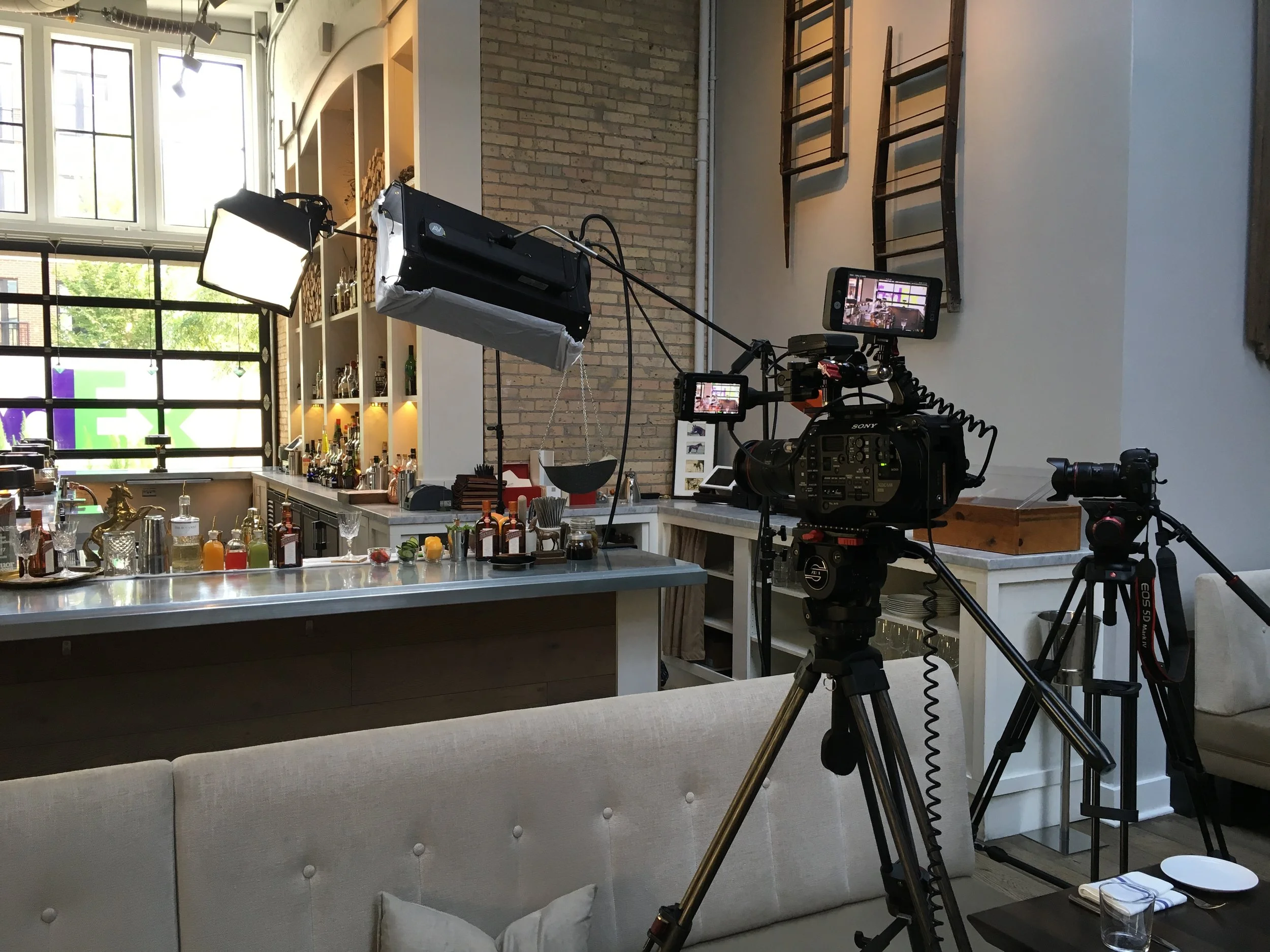Unless you really like talking about cameras, this will probably bore you. But I'll try to keep it as top line as I can and I'm not really a pixel peeper anyways. This week I made a switch I'd been thinking about for a long time. I sold my Sony FS7 and purchased a FS5. It was a tough decision and to a certain extent I already miss the FS7 but in the end I think it'll be worth it.
There were two major reasons for the switch. Those are money and size. Size is an easy one... the FS7 is a beast and I would frequently be sore after a day of shooting. The FS5 is the perfect size. Small enough to carry around, large enough to put on your shoulder. The second reason is money. I don't usually talk dollars and cents, but if someone is considering one vs the other I figure it might be helpful.
I sold the FS7 w/ cards and everything for $6750. I was into it for about $7500 (bought used), but I used it on every shoot for 2 years so it had more than paid for itself. I purchased the FS5 used for $3900. So far I'm netting $2850. BUT, my big concern was about quality loss between the two camera's codecs. No argument that the FS7 has a better codec. So I was concerned about that. Which is why I did the raw upgrade for the FS5 ($500) and bought an Atomos Shogun Inferno setup ($1800) and sold my SmallHD 501 (for $1,000). So all in all I saved $1500 and in the end got a BETTER image quality than the FS7 which would require more money/add ons to get the RAW/ProRes out. I can use the ProRes for interviews, and the native codec for events/other stuff.
Which gets to the third reason I switched. XQD stresses me out. I know it's necessary for the size of the codec the FS7 uses, but as someone who always shoots on location and frequently shoots out of town, the XQD format is stressful. Here's an example... last year I shot all day for a client. I transferred the cards as I went because I was taking the last flight out of town to Vegas to shoot for another client the next morning. Got through the day, loaded up, airport, security, flying, get to the hotel in Vegas to discover that somewhere between the load out and that moment I had lost my card case. I think it was when security went through my bag, but regardless I was missing 6x 128gb XQD cards. LUCKILY I had left 2 in the camera, because I was out of luck. I had a shoot in a few hours and there is literally no way to get XQD cards quickly in most locations. By the time I ordered new ones the shoot would be done. Vegas didn't have any place I could rent them from, and certainly no place local to buy them from. If I hadn't left 2 of them in my camera I'd have been out buying a new camera at the local best buy to get the job done. With the FS5 I'm shooting to SD, and I can always get a replacement in an emergency.
I know, I know. 10 bit 4:2:2 400mbps vs 8 bit 4:2:0 100mbps. But still. For most things it doesn't really matter and when it does I shoot ProRes and I have the ability to try RAW. Plus for events and stuff I'm saving a TON of space on my RAID. A 128gb card in the FS7 lets me shoot 62 minutes of 4k. I get 15 minutes more (77) at half the size (64gb card) with the FS5. And frankly, who's going to know the difference when it's someone standing at a podium talking to a power point.
So that's my camera story. I have a tendency to buy and sell a lot of cameras, so I'm sure the FS5 will move once the C200 gets some kinks worked out. But for now I'm psyched. And if you're wondering about my camera history, here's what I've owned (still and video)... Olympus E300, Canon 20D, Canon 5D, Canon 5D mark II, Canon 5d mark III, Canon 5d mark IV, Sony EX1, Canon C100 mark II, Sony rx IV, Sony FS7, Sony FS5.


